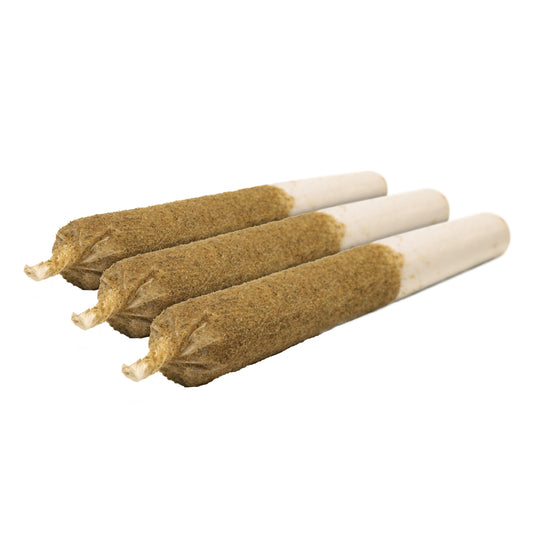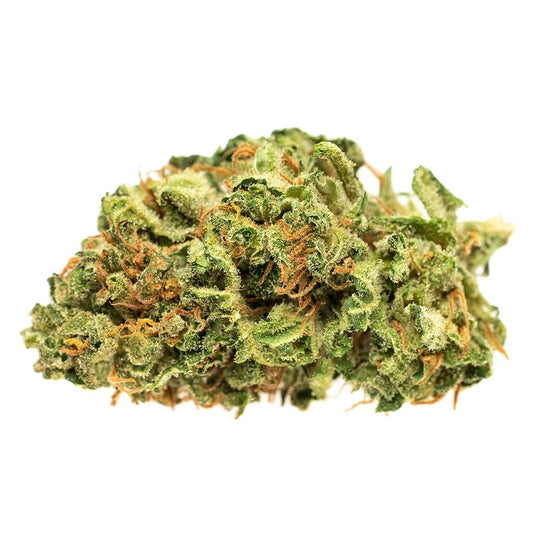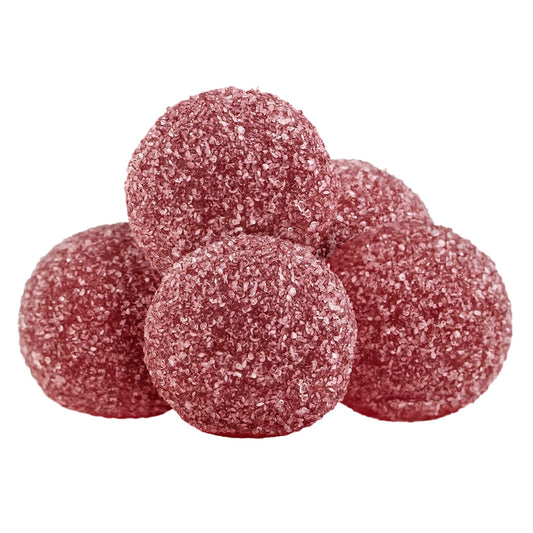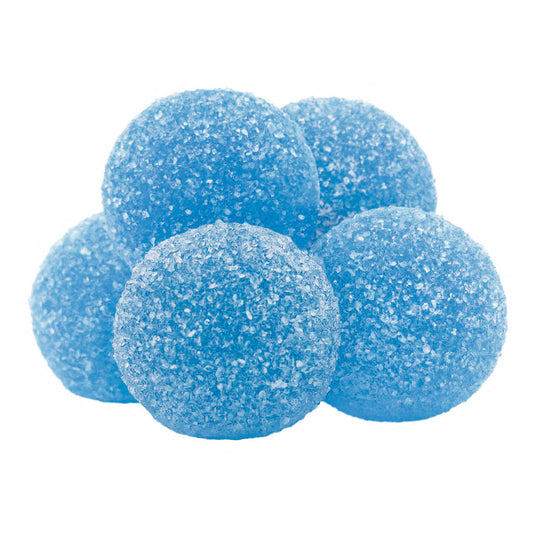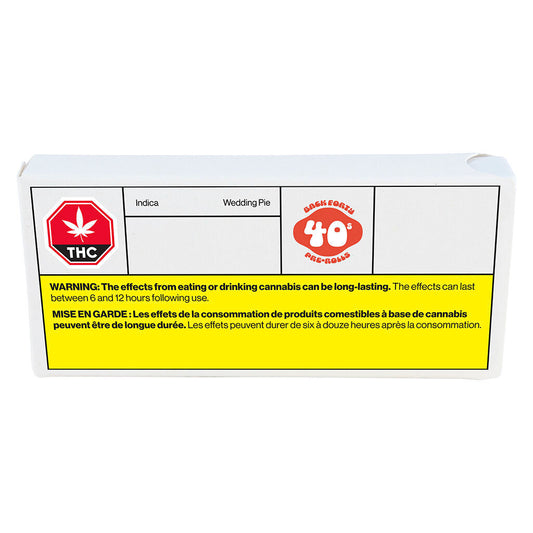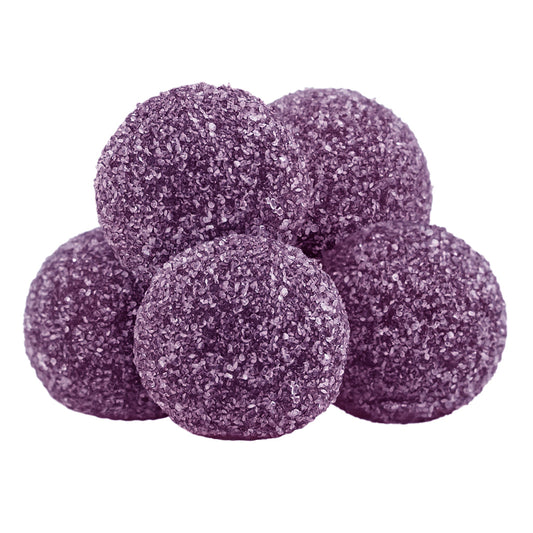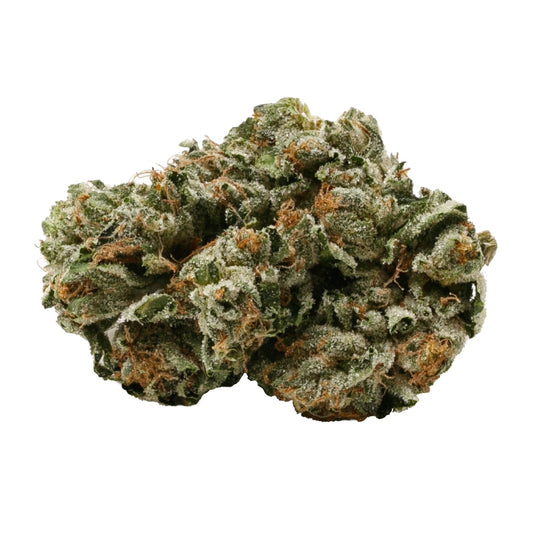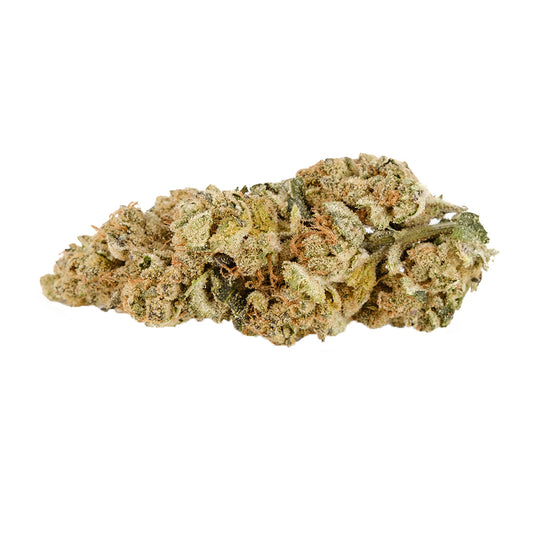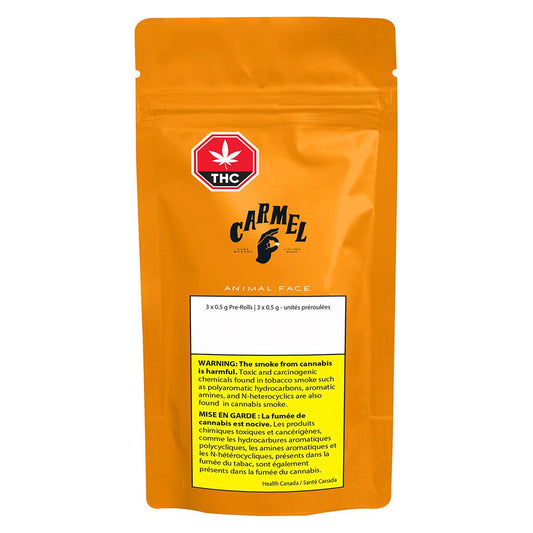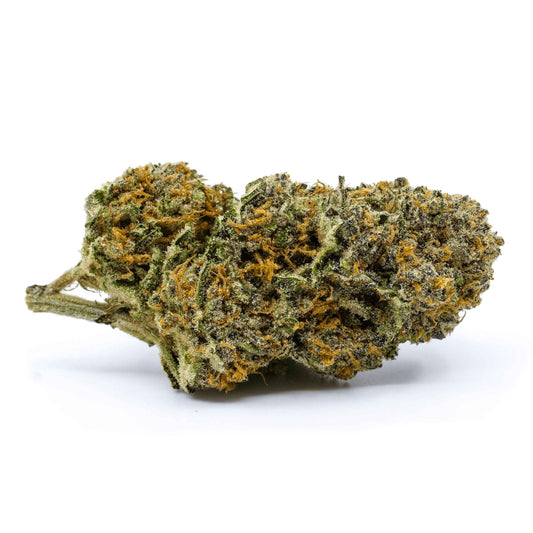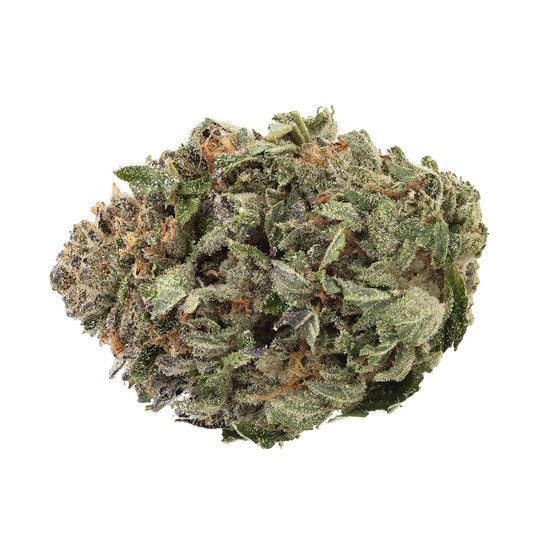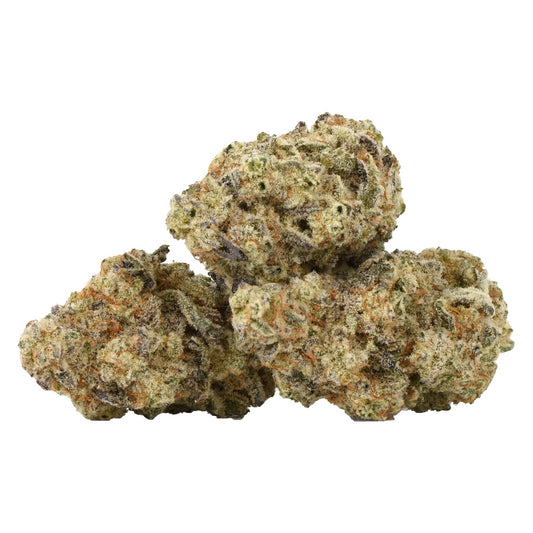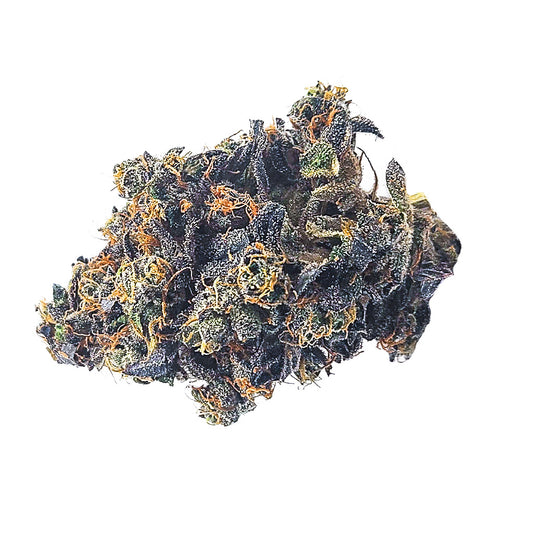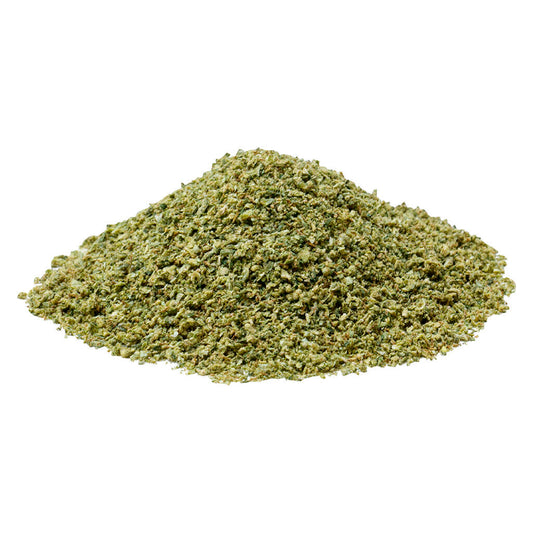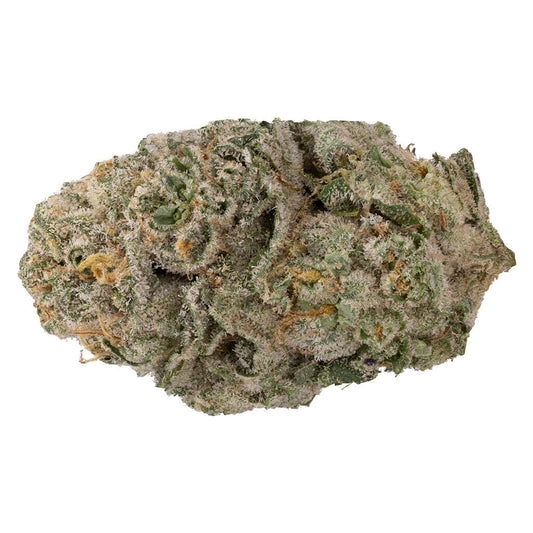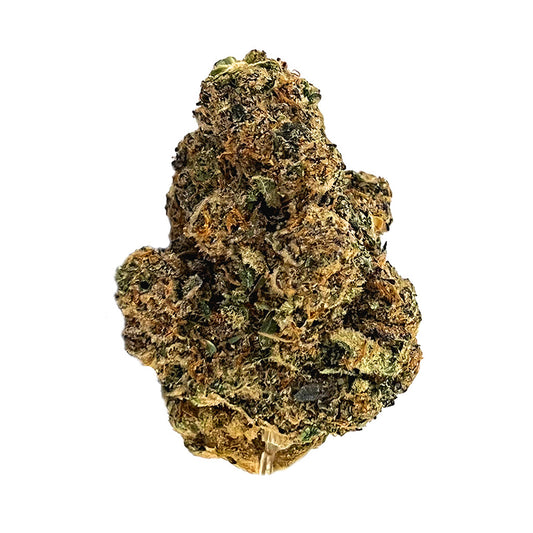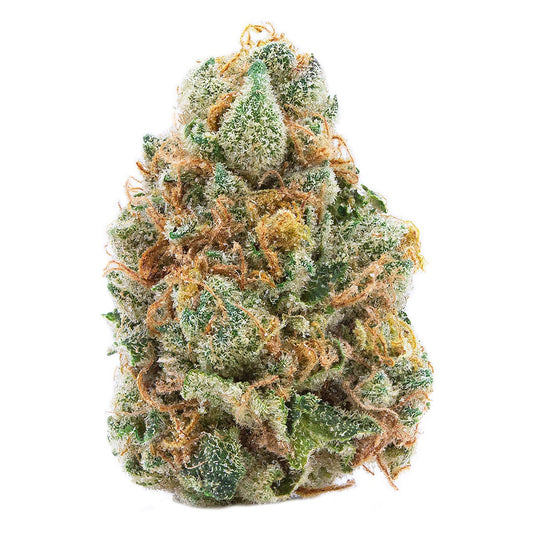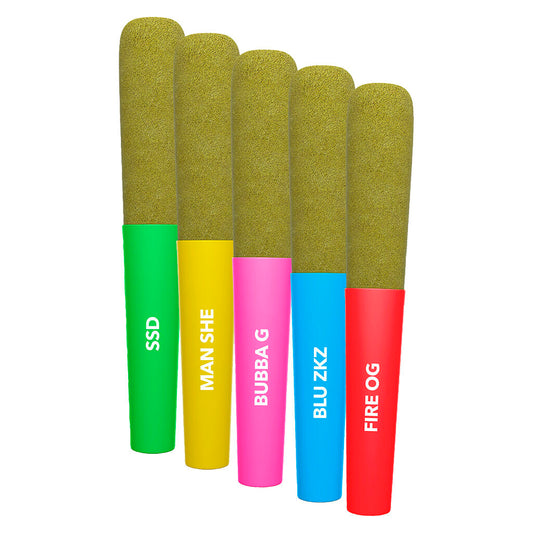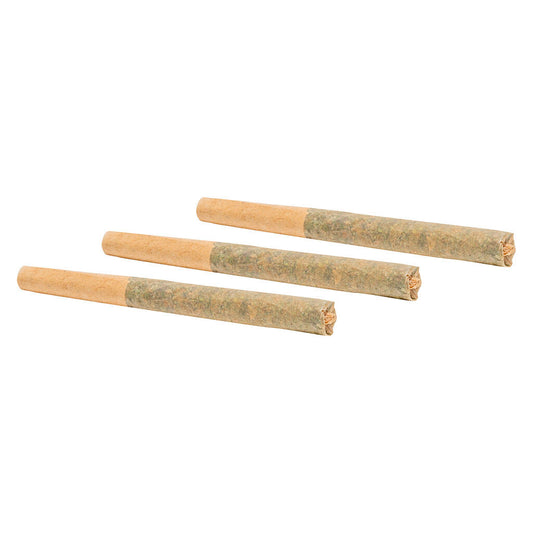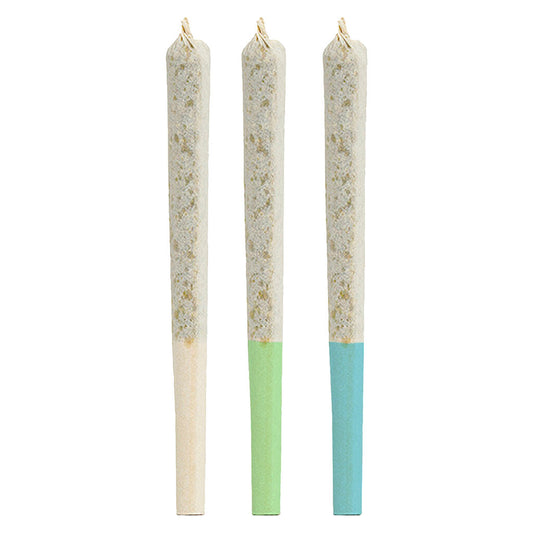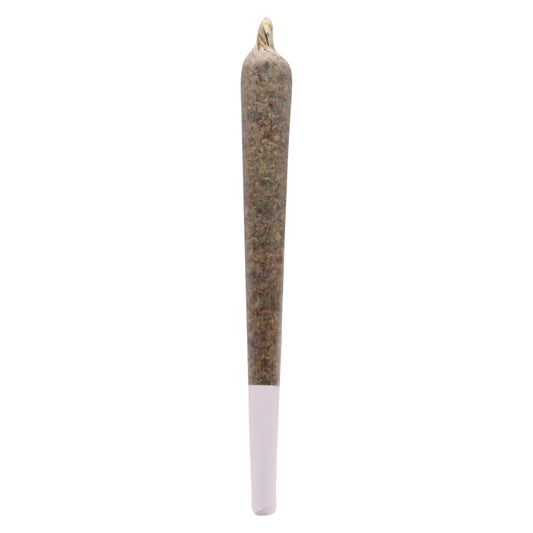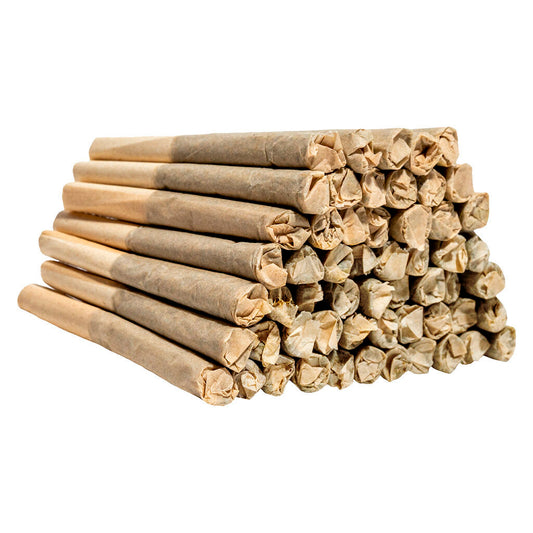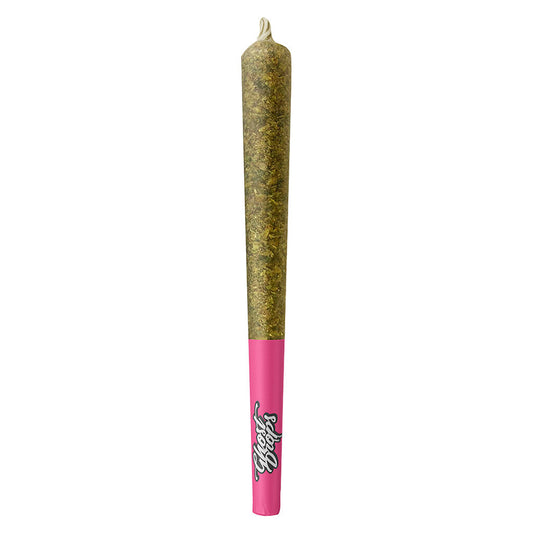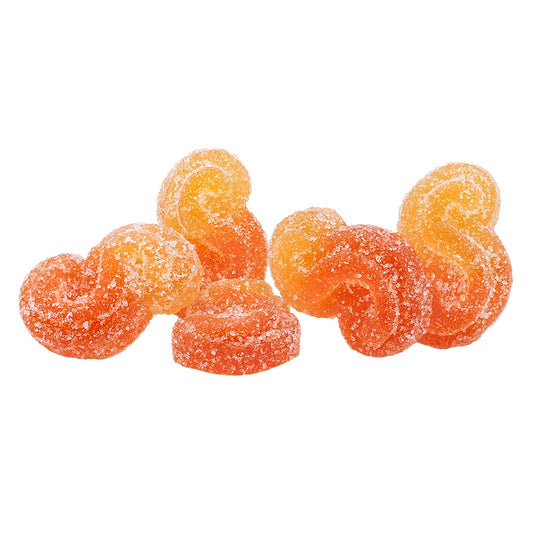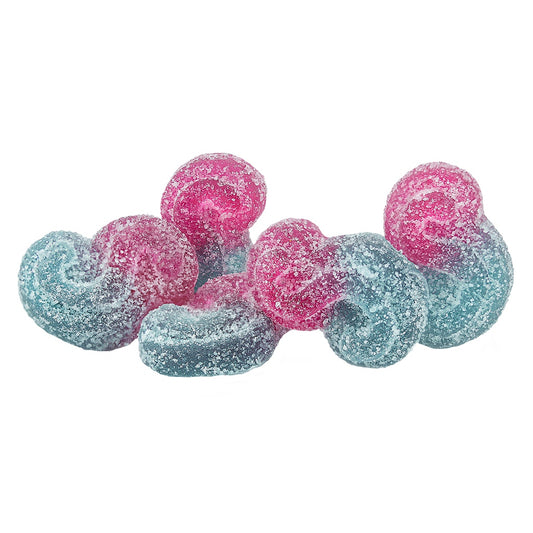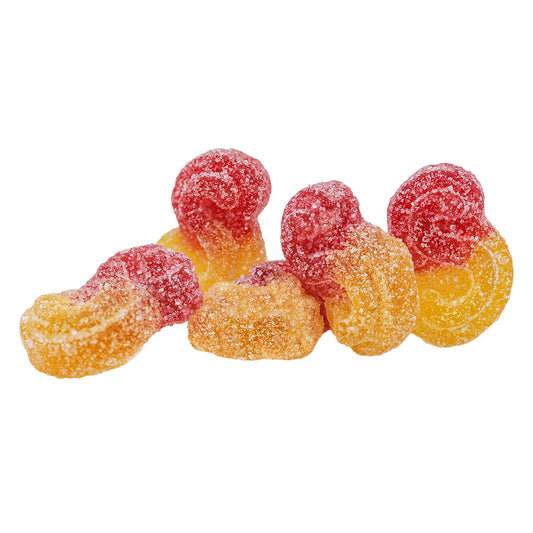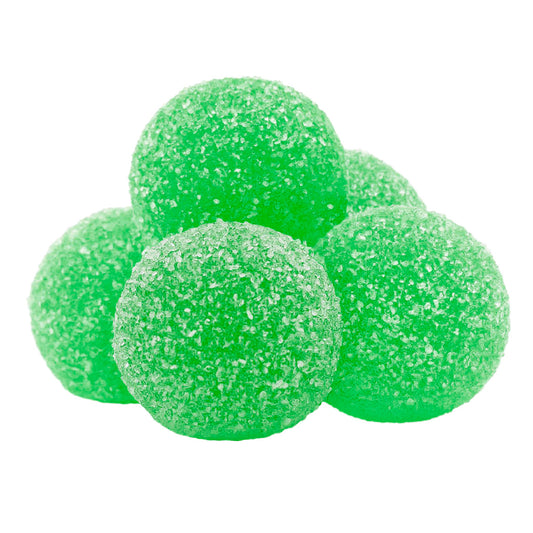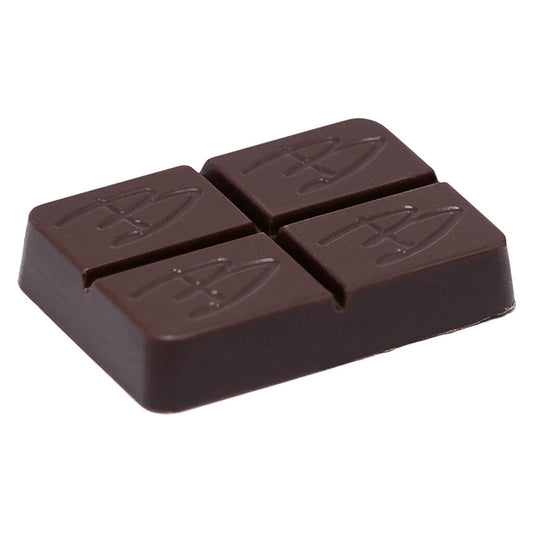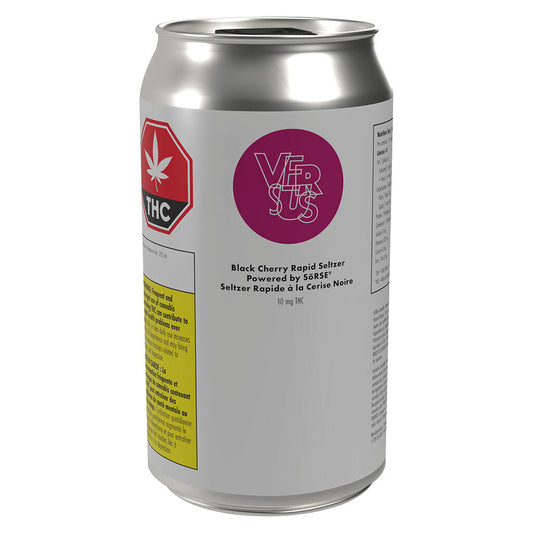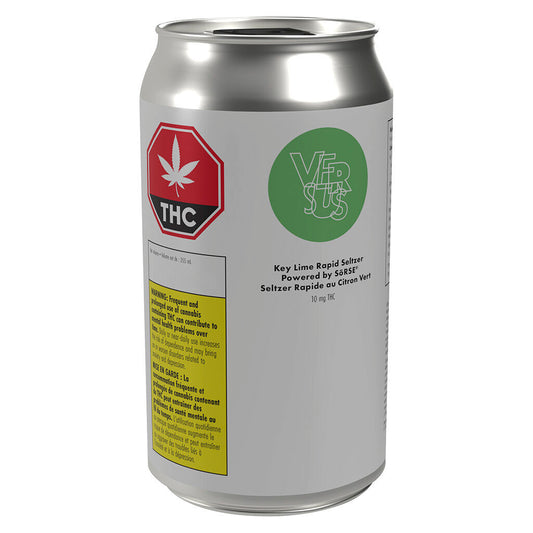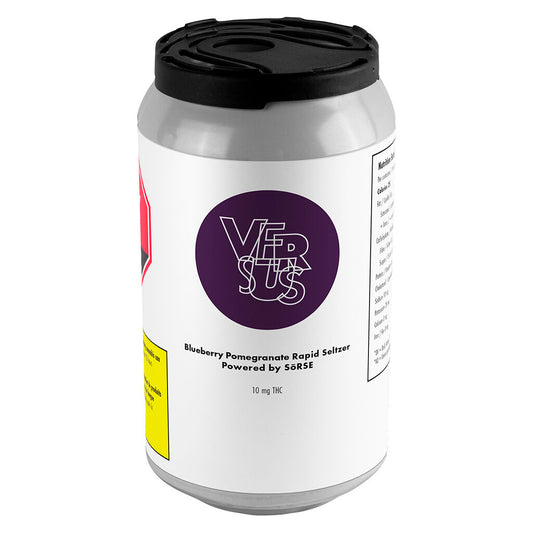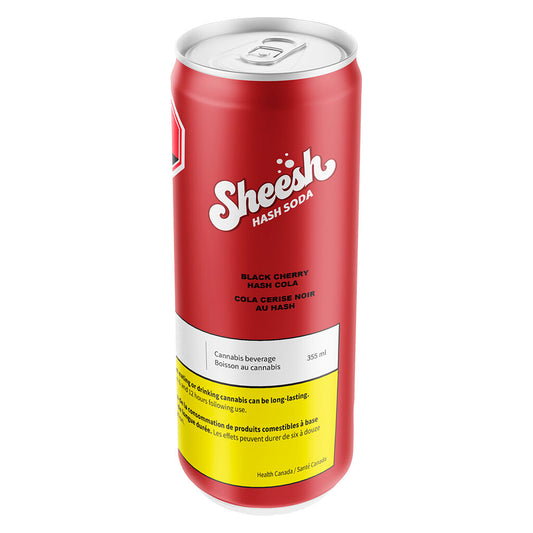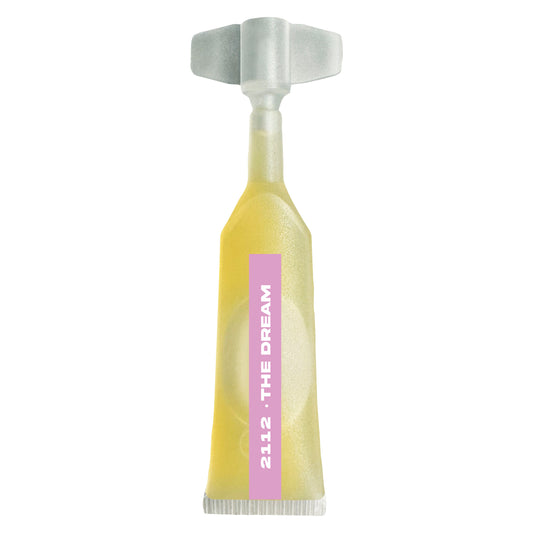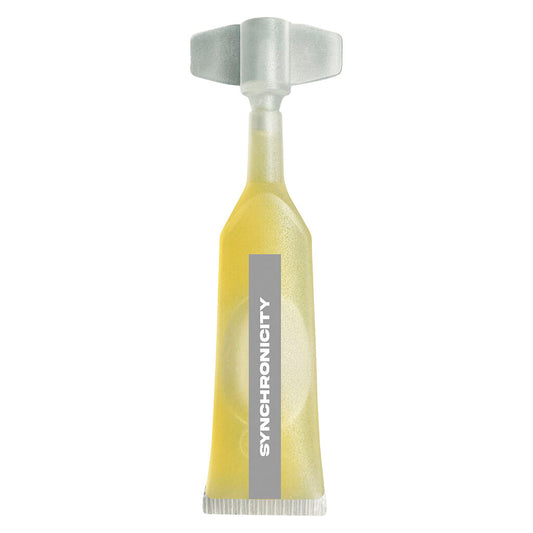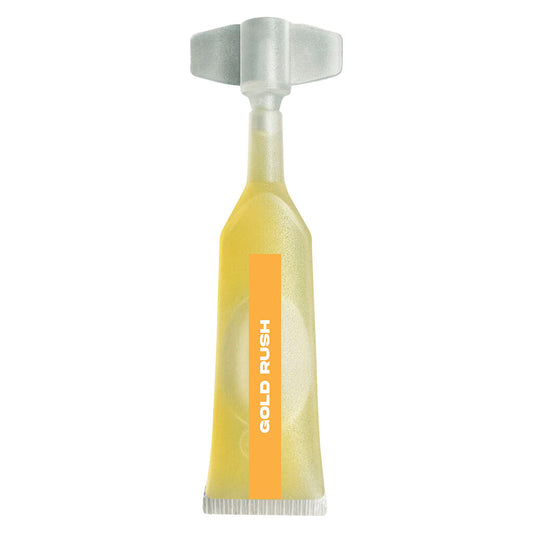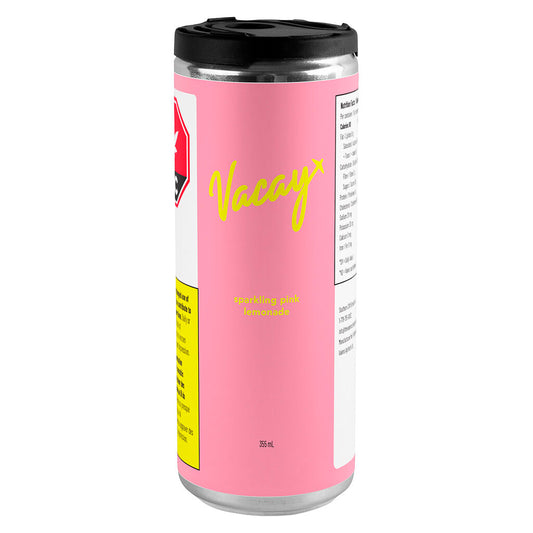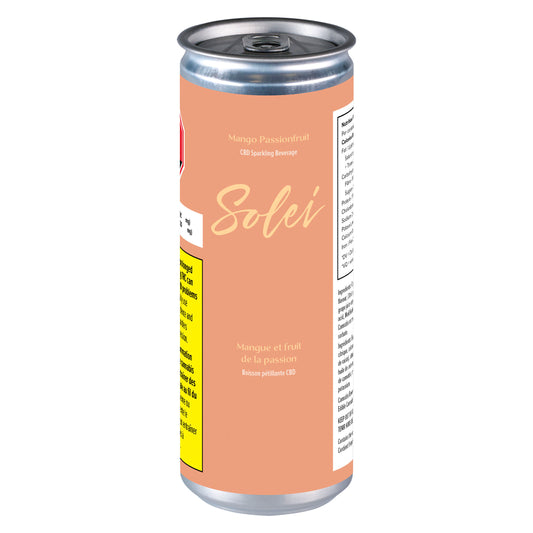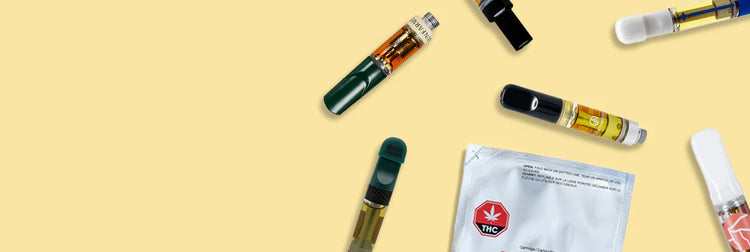First things first: what exactly is Delta 8?
After all, weed is more complicated than just THC and CBD, although that’s what the public has mostly been educated on. Delta-8 tetrahydrocannabinol is a psychoactive compound that’s not too different from delta-9 THC. It produces a less pronounced high, making it an ideal choice for consumers that prefer a lower potency. Studies are still being done on this compound, which creates mild sensations of euphoria and relaxation. Users can expect similar effects to high-potency THC strains, just in a version that’s half as potent. However, Delta-8 is in a legal gray area right now in Canada, and many believe that’s due to the fact that it’s perceived as synthetically produced, which may cause health risks. In reality, Delta 8 THC is a natural compound appearing in the cannabis plant without intervention. However, since it requires a special process to be consumable (extracting CBD and converting it) it’s not considered 100% natural by some. Due to a lack of sufficient studies, Health Canada is hoping to avoid potential health risks. As of December 16, 2022, the Ontario Cannabis Store has recommended that licensed cannabis providers avoid buying delta-8 THC products, using “an abundance of caution” as an explaination. Still, existing inventory in stock is allowed to sell. Although no adverse reactions have been recorded, delta-8 THC does technically fall outside the classic definition of THC in legal jargon and leads us to wonder: what will happen to other novel cannabinoids discovered in the future, or what legislation on them involve? Besides delta-8, which has more relaxing overtones, delta-10 is an emerging novel cannabinoid that creates more of a sativa effect. Medical professionals are concerned that synthetic versions of delta-8 are being sold without regulatory oversight, and this makes sense in the United States, where cannabis isn’t federally legal. In the U.S., illegally sold synthetic delta-8 and other synthetic cannabinoids can pose serious health risks. However, in Canada, delta-8 and delta-9 have been considered to be on the same playing field until now. Unlike their lax North American neighbor, Canadian regulations require substantial testing in pre- and post-manufacturing processes. So while Health Canada is remaining cautious with these new measures, legal delta-8 should still be considered non-synthetic.

Still, nobody is quite sure what the benefits and downsides of delta-8 are when compared with delta-9 or non-psychoactive strains.
Right now, it’s being thought of as cannabis-lite and is superb for anyone with a low tolerance or folks that get anxiety from more potent strains. Right now, speculation is that Delta-8 can provide similar benefits and fewer side effects than its Delta-9 sibling, and based on personal experience, I'd have to agree; the effects after smoking a D8 strain are similar to the effects of 1:1 CBD and THC strains, providing a milder and more mellow high. However, we still need information like how these novel cannabinoids can affect factors like strength, onset, and duration per milligram. If Delta 8 does get the green light from Health Canada, it could be a game-changer and a more approachable introduction to cannabis for newbies. Especially for consumers looking for that perfect alert-yet-content buzz that stronger strains miss the mark on. While that research is still brewing, toke on some of the other cannabinoids we do have knowledge and resources on, including cannabidiol (CBD), cannabigerol (CBG) and cannabinol (CBN). By naima karp @thefearlessfemmeSome of our favorite pre-roll recommendations:





